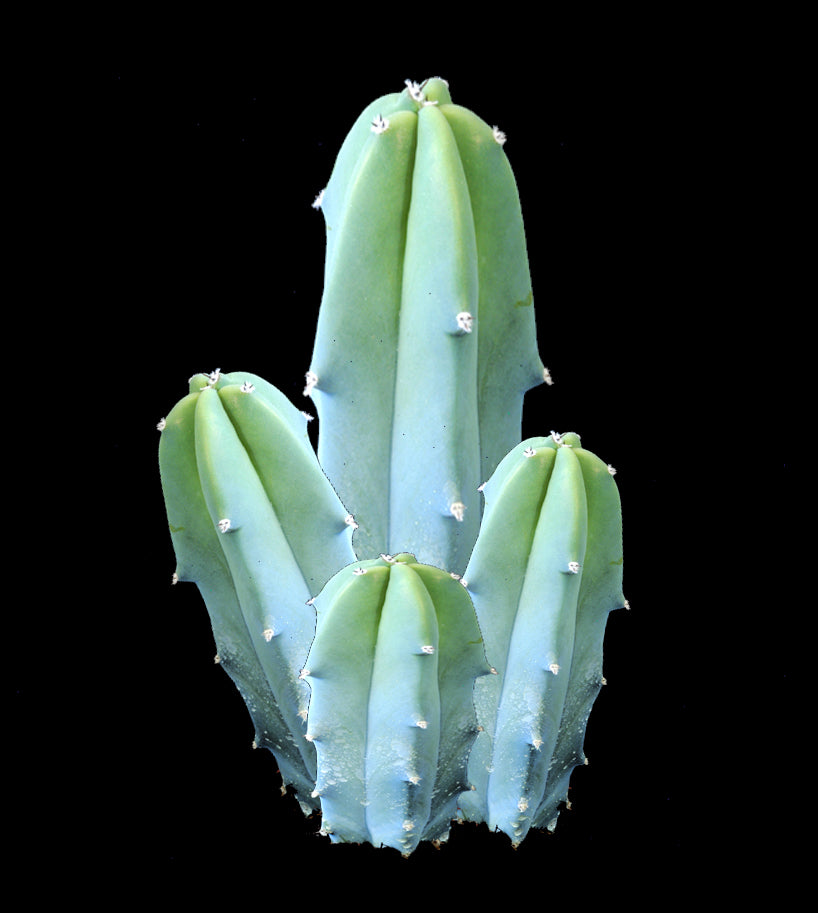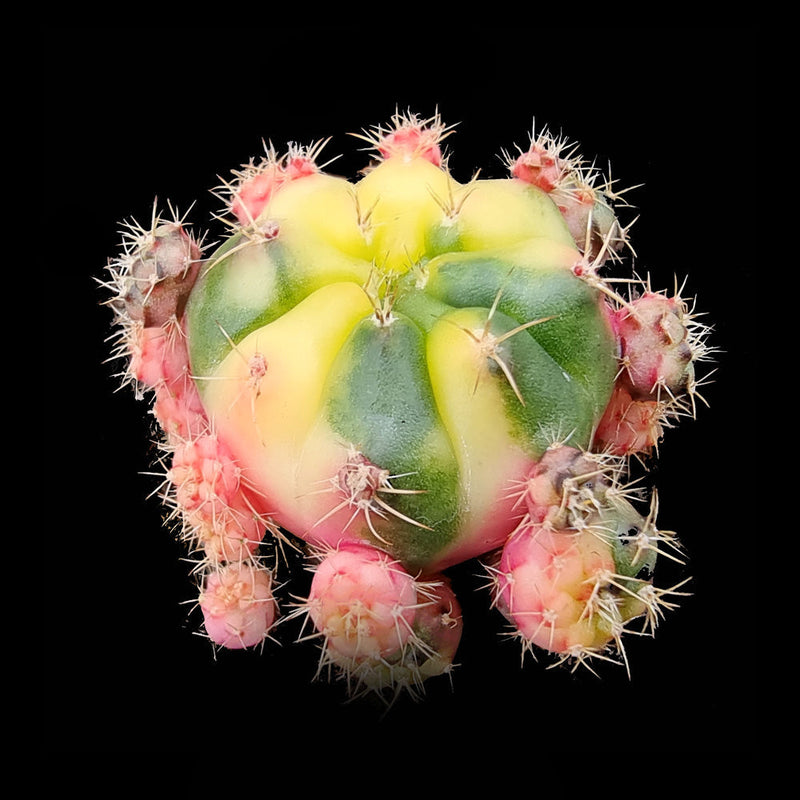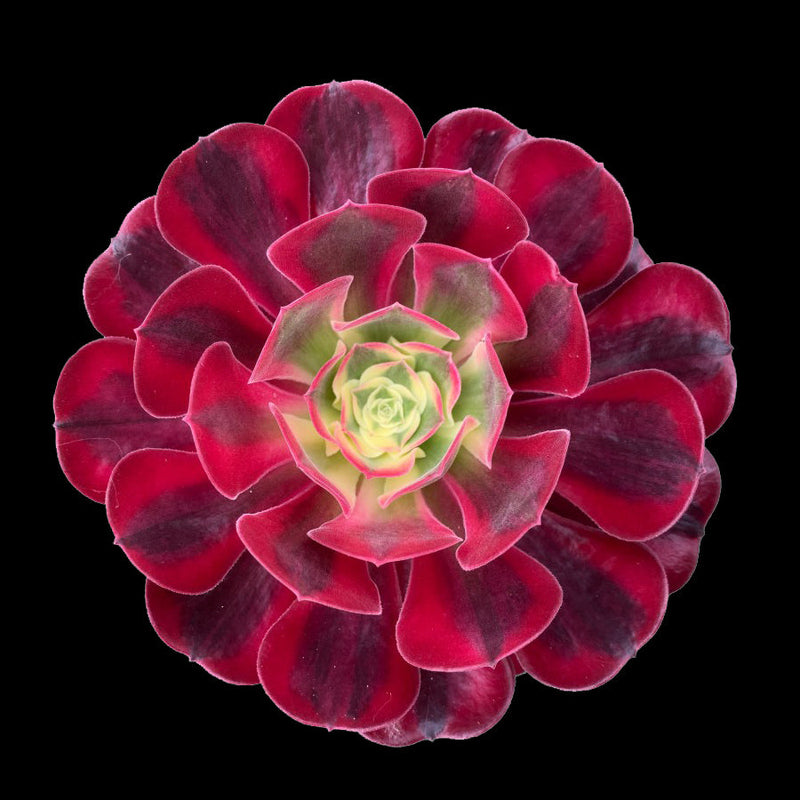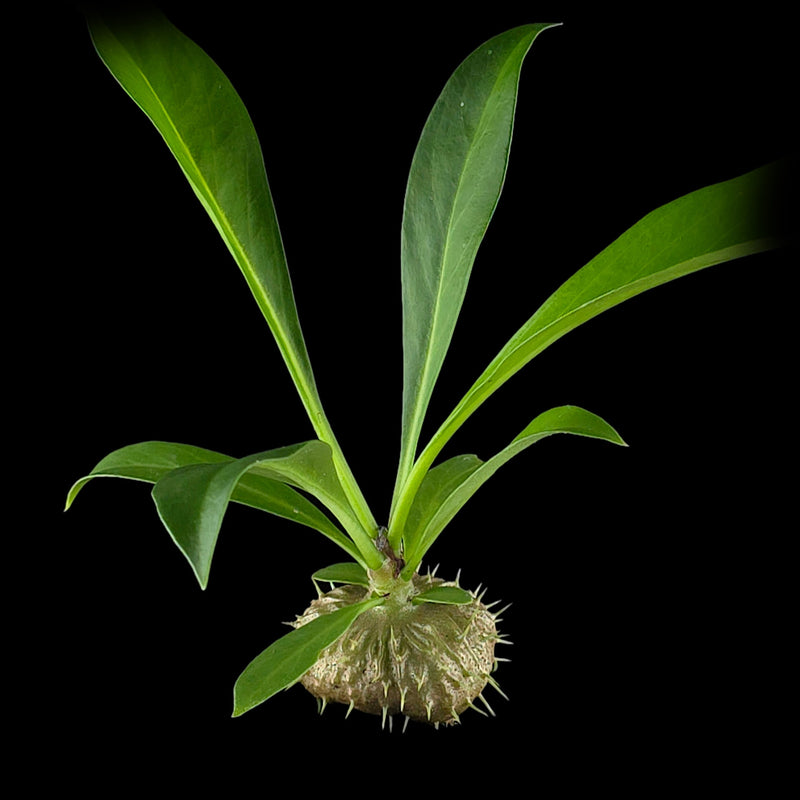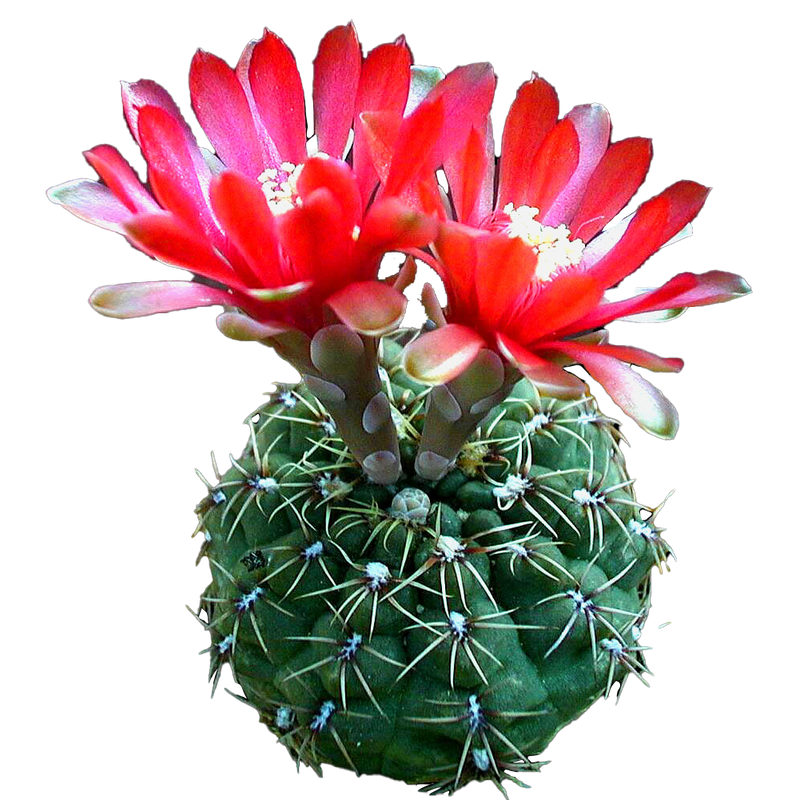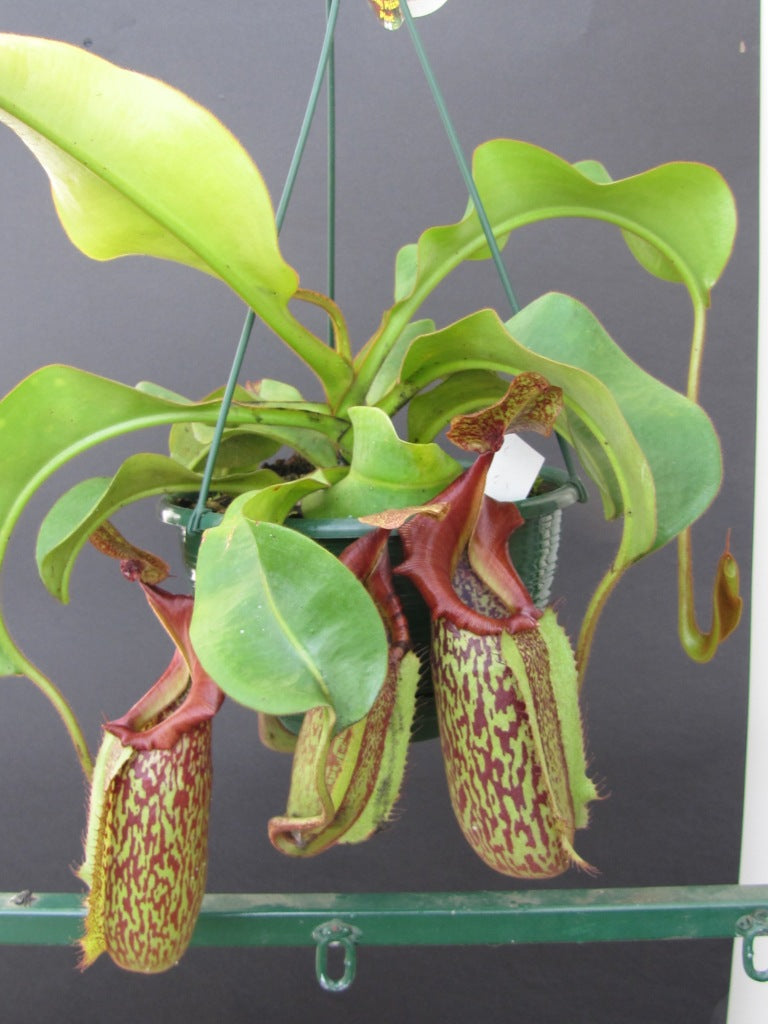Cacti are a highly evolved family of plants belonging to the succulent family.
Succulent plants are plants that have developed the ability to store water in their roots, stems or leaves to enable them to survive dry periods, most succulents therefore have the ability to make quick use of water when it is available and survive long dry periods making them excellent for harsh climates and locations
Cacti are the most rewarding of the succulent group of plants to grow due to the shape, symmetry, slow growth rate, hardiness and most popularly because of their amazing flowers ranging from a few mm to over 30cm across, some plants have flowers larger than themselves.







Some cacti can be kept 100 years in a small pot and still have room to grow and others may reach 3 meters in less than 5 years, tropical cacti like the Epiphyllum’s can grow up to 1.5 meters in a season.
There are over 3500 cacti species found throughout the Americas, they have evolved to survive in deserts and in tropical rain forests.
Most cacti require some direct sunlight to grow well, if kept indoors they should be in sunny positions otherwise growth will be weak and spindly.
Cacti kept away from sunlight will not loose water easily and require very little water so care must be taken to allow them to dry out for long periods.
In harsh sun a plant will transpire rapidly and will use up there water reserves so over the warmer months they can be watered well every few days.
If however the plants are kept in heavy shade or indirect light they must be allowed to dry out and watering may only be every 2 to 6 weeks and not at all in winter.
Location:-
Cacti make great window sill plants as they can tolerate extreme heat but care must be taken in the middle of summer that the temperate does not cook the plants, in hot window sills that face north watering may need to be done every second day in summer and not in winter.
Many collectors grow their plants outdoors under plastic covers to control the rain, this way many rare and slow groing species can be kept in almost any climate.
Cacti will survive in almost all the climates in Australia but may only suffer in extreme frost zones if exposed or swamp like conditions.
Cacti prefer open well drained soils, raised garden beds with improve drainage in wet zones.
Most tolerate hot dry conditions and most soil types and are often used in areas where other plants have trouble.
The are idea for low rainfall areas.







Potting:-
If kept in pots the addition of coarse propagating sand to the potting mix will aid drainage and maintain a longer pot life.
Low levels of fertilizer are helpful for growth and flowering but can be withheld to contain growth or improve colour.
Plants that have not 10 meter Saguaro, worlds largest growing cactus grown for years and appear yellow are suffering from a lack of fertilizer, they may even stop growing and shrink, weak doses of any liquid food or granular fertilizers as per the recommended dose will keep plants at optimum performance.
Most succulents can be kept in very small pots for a long time provided water and food is kept up to the plants, they will however respond better if repotted every two to four years.
Flowering:-
Cacti will reward the grower with a brilliant display of flowers at certain times of the year depending on the genus. Flowers however can only occur is adequate sunlight is provided and none will flower without sunlight. Larger growing cacti will only flower when mature, maybe 10 to 30 years while some miniature forms will flower at two years of age with flowers twice the size of the plant.
Cacti flower from the new growth either as it grows or on the growth that has matured the previous season, if a plant has not grown well it will not flower.
Seasons:-
Cacti respond to seasonal changes, new growth appears in Spring in almost all species, this is when watering will commence, some genus flower before the growth starts, some during and some after.
This growth continues through the spring months and slows or stops as it gets hot in summer.
It is a common misbelief that cacti enjoy the heat, the truth is they have learned to shut down when it is hot so can survive many extremes and lack of water, as the evening cools they begin to grow or transpire again.
By avoiding growth in summer they are able to conserve energy.
In Autumn growth restarts and a few varieties flower during this growth period.
By late Autumn as the daylight hours drop the plants being to stop growing for winter, at this time watering can be slowed or stopped until the first growth appears in Spring.
Spring is not decided by the calendar but the daylight hours available to the plant.
Pests & Diseases:-
Cacti only have a few problems, most are associated with darkness, dampness, overwatering or poorly ventilated areas, these may cause a number of infections to kill or damage the plant.
Moving plants into better ventilation and reducing watering are the best methods of control.
Cacti can also suffer from mealy bug and scale, both can be physically removed or sprayed with commercial sprays.

